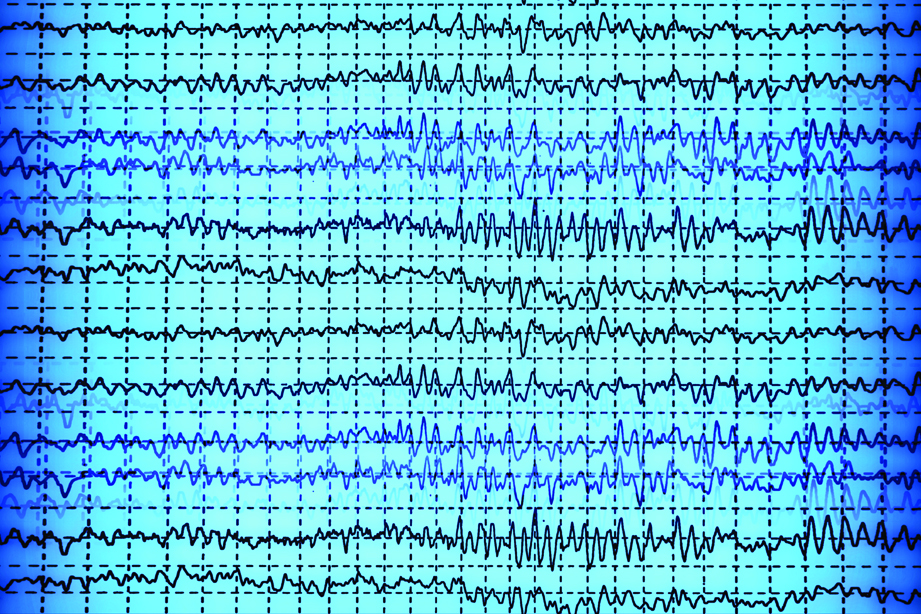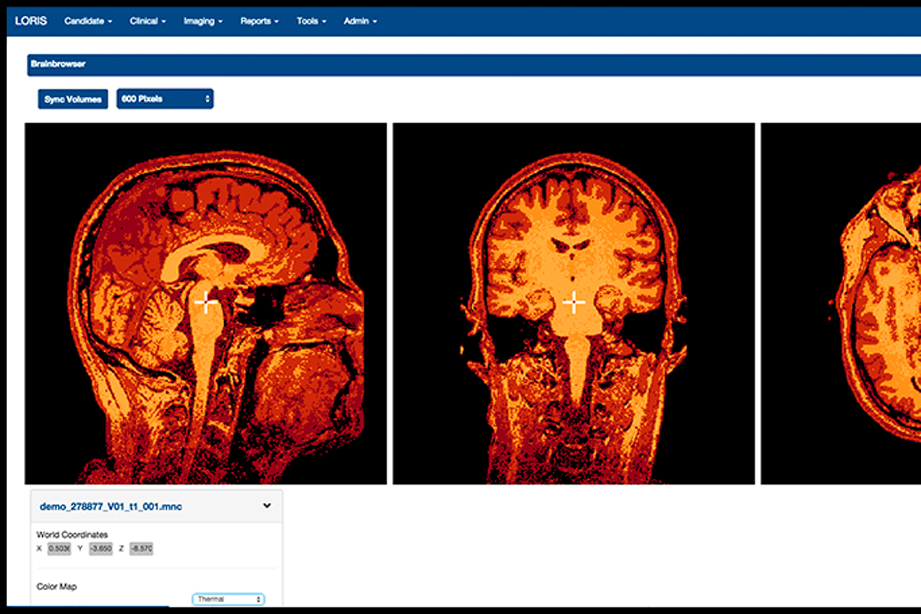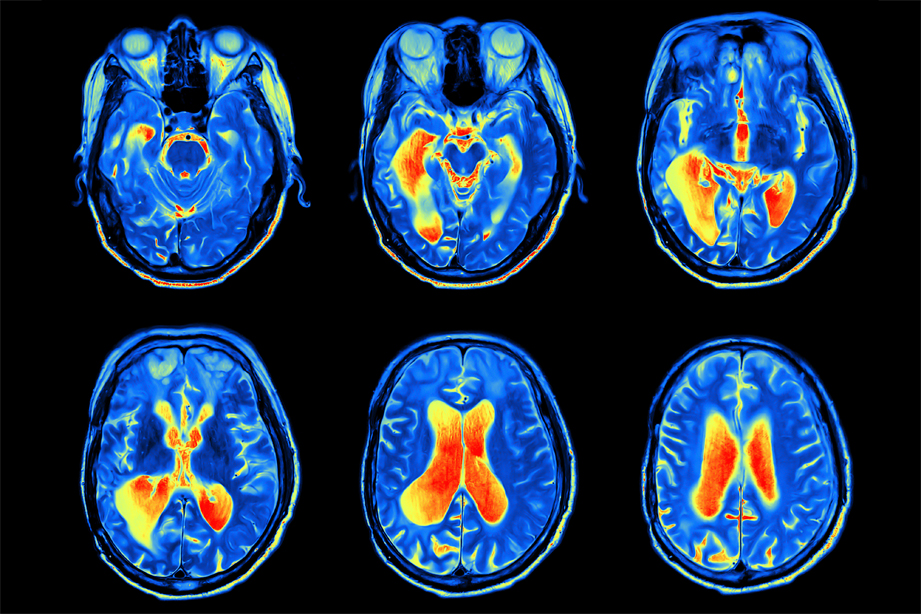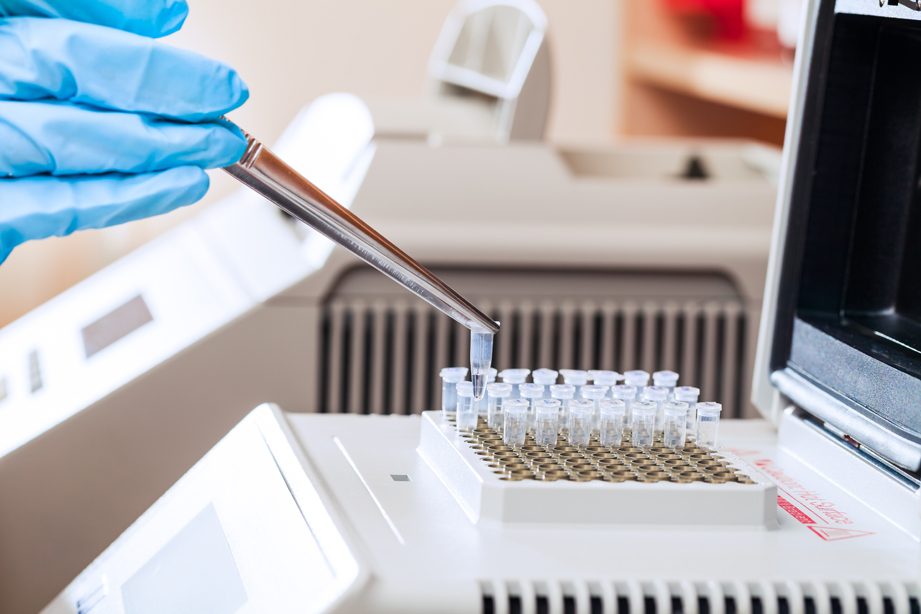A National Team Approach Challenge Early diagnosis and early intervention for children with neurodevelopmental disorders (NDD) can help improve future development, increase social integration and allow better academic success. Scientists and clinicians have been increasingly interested in early diagnostic tools to assess brain function and cerebral activity, known as electroencephalographic (EEG) and optical imaging (near-infrared [...]
The Neuroinformatics Core
Nicolas Turgeon-Morin2023-10-19T10:47:02-08:00Challenge Neuroscience is a broad field with a vast array of research and findings. The research often interconnects in various ways and allows scientists to extrapolate data that is useful for future projects. The problem, however, was to create a database where this information could be shared, accessed and used in meaningful ways. Project Summary [...]
The ASD Demonstration Project: Neuroimaging and Function
Nicolas Turgeon-Morin2023-10-19T10:47:48-08:00Challenge Right now, autism spectrum disorder is diagnosed based on behaviours and developmental delays, not neurobiological markers. If we knew more about autism’s basis in the brain, this might allow children to get a diagnosis sooner. Project Summary KBHN has played a crucial role in identifying genetic variants associated with ASD as part of its [...]
The ASD Demonstration Project: Clinical Utility Studies
Nicolas Turgeon-Morin2023-10-19T10:48:53-08:00Challenge An autism spectrum disorder diagnosis gives parents and guardians only an idea of what to expect in the years to come. Even when children start with similar abilities and disabilities, they can go on to develop in a wide variety of ways, with different speeds of skill progression and various additional health conditions. Unfortunately, [...]
The ASD Demonstration Project: Identifying Early Behavioural Biomarkers
Nicolas Turgeon-Morin2023-10-19T10:49:22-08:00Challenge Kids in Canada with autism spectrum disorder do not usually receive a diagnosis until the age of four, which is unfortunate given that intervening in early childhood is shown to improve outcomes. Project Summary To help families seize this missed opportunity, researchers involved with the ASD Demonstration Project from KBHN worked to find ASD-related [...]
The ASD Demonstration Project: Sleep: A Comorbidity Across Disorders
Nicolas Turgeon-Morin2023-10-19T10:52:26-08:00Challenge Upward of 90 percent of children with neurodevelopmental disabilities (NDDs) have sleep issues, compared to just a quarter of typically developing children. The toll on their well-being—and their families’ quality of life—can be severe. Project Summary In 2013, ASD investigators affiliated with KBHN teamed up to guide the national research agenda on this issue, [...]
The ASD Demonstration Project: Translation of Genomic Discoveries into Clinical Practice
Nicolas Turgeon-Morin2023-10-19T10:52:46-08:00Challenge A person’s genome could contain useful information about their risk of autism spectrum disorder, but how should genome sequencing be used in diagnosis, genetic counselling and patient management? What treatments and follow-ups should come after what kinds of test results? And how should these very complex and sometimes ambiguous results be conveyed? How can [...]








